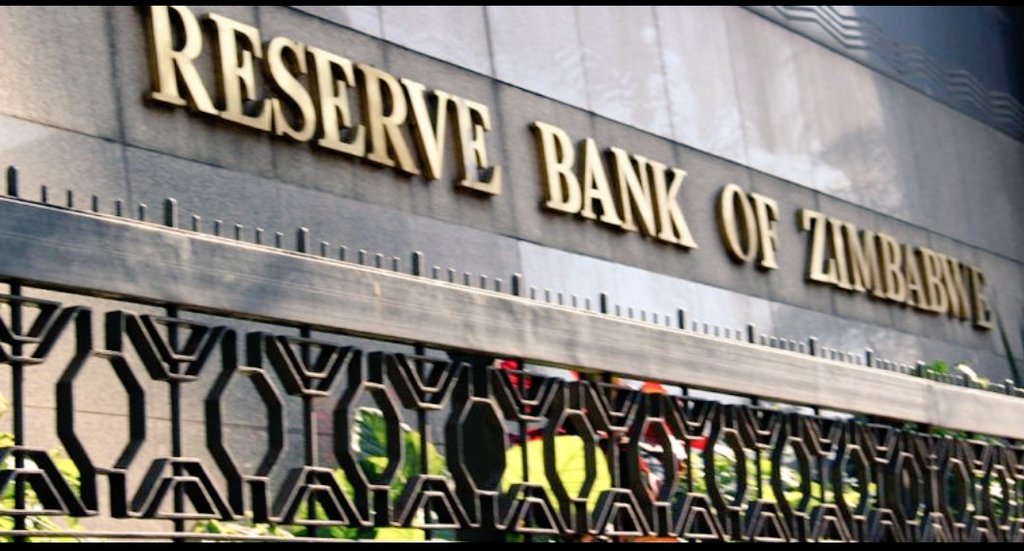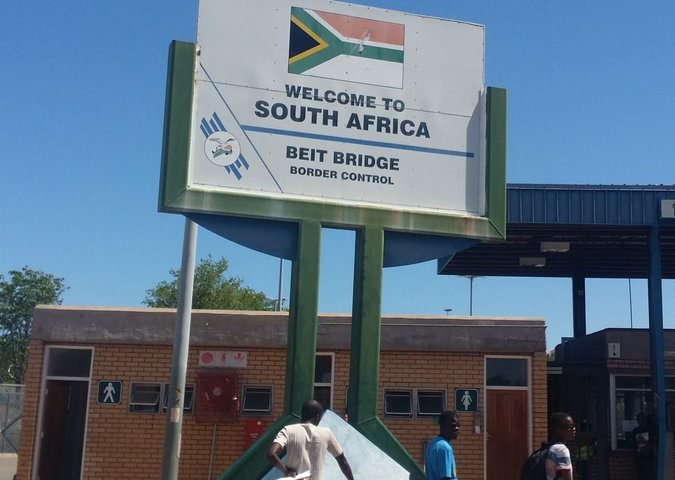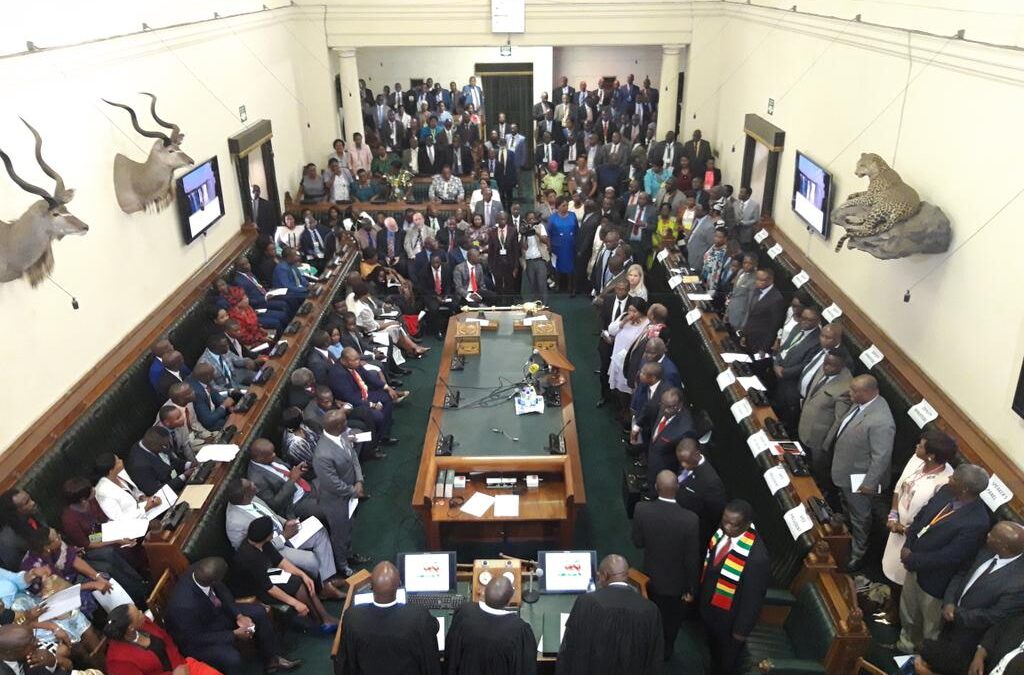Nevanji Munyaradzi Chiondegwa
The recent endorsement of ZimSwitch as the official national payment system in Zimbabwe has compromised the Reserve Bank of Zimbabwe’s position as the regulator, as it appeared to be picking one player over the other, something which goes against the principles of business where players should be left to compete for dominance in the market.
It is an undeniable fact that Ecocash, as a dominant payment platform which boosts of controlling about 80% of the countries electronic payments was harboring illicit forex exchange and financial transactions which were having a negative impact on the economy. That fact was obviously going to invite the Central Bank to act or impose measures to contain such illicit financial activities which were being carried out on Ecocash.
But for the Central Bank to pick Zimswitch, an independently run platform as the official payment system defeats its purpose to fight illicit financial trading in the country as the regulator now appears as if it is fighting to remove the monopoly that Ecocash has in Zimbabwe. It is obvious that monopolies are not good in business and other sectors, and the regulator slacked when it allowed Ecocash to monopolies mobile transactions in the country. But it will be a fallacy for us not to give credit to Ecocash for its creativity which made it gain its monopoly. Payment platforms like Zimswitch were in place when Ecocash established it dominance but they failed to be creative enough to beat the latter.
By endorsing Zimswitch, RBZ is simply establishing another monopoly, thus running away from the idea of Zimbabwe having a free market economy where the best businesses thrive through competing on an equal footing. The directive would make sense if Zimswitch was either run by the state or by the Central Bank. But the platform is run by banks and private individuals which means the Central Bank’s endorsement gives it an added advantage over other competitors.
This will see Zimswitch muscling Ecocash out of the market as its competitor with the assistance of the regulator which defeats the business ethos of having an equal business environment. If the Central Bank is truly sincere in its fight to stop illicit financial activities, it should open its own payment system which it directly controls.
Instead of endorsing a private platform, the Central Bank should just take charge of the country’s payment system and enforce laws to curb illicit trading, while allowing independent players to compete for the market.





0 Comments